21 Compelling Reasons You Need a Compost Pile in Your Life
In today’s world, where sustainability and environmental consciousness are becoming increasingly important, adopting eco-friendly practices in our daily lives is crucial. One such practice that stands out for its numerous benefits is composting. A compost pile isn’t just a heap of decomposing kitchen scraps and yard waste, it’s a powerhouse of environmental and personal advantages. I want to share at least 21 compelling reasons you need a compost pile in your life.
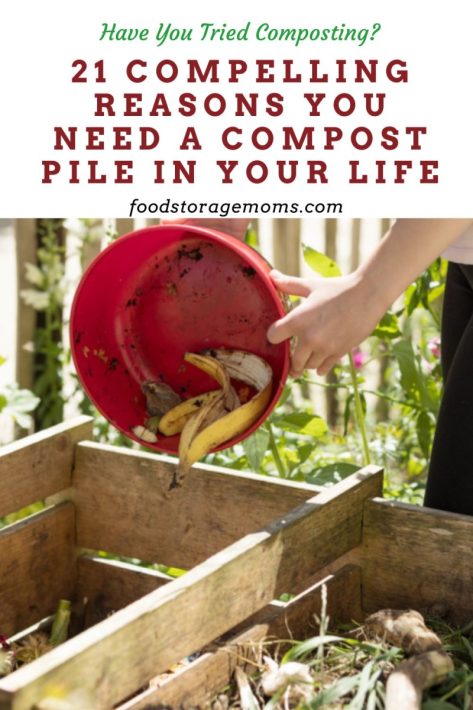
1. Reduce Waste and Landfill Impact
Composting provides a simple yet effective solution to the growing problem of waste disposal. Diverting kitchen food scraps and organic materials like leaves and other trash from landfills helps contribute to reducing the environmental impact of overflowing waste sites. How to Reduce Waste as a Prepper
2. Enrich Your Soil Naturally
Compost is often referred to as “black gold” for a reason. Its rich content of nutrients enhances soil fertility, promoting healthier plant growth. Adding compost to your garden or potted plants is a natural way to nourish the soil without relying on synthetic fertilizers. 10 Tips to Improve Your Garden Soil
3. Boost Plant Disease Resistance
Compost introduces beneficial microorganisms to the soil, creating a healthier environment for plants. This enhanced microbial activity can help plants build resistance to diseases and pests, reducing the need for chemical interventions. Autoimmune Disease: What You Need to Know
4. Save Money on Fertilizers
By creating your compost, you eliminate the need to purchase commercial fertilizers. This not only saves you money but also reduces your reliance on synthetic chemicals that can have detrimental effects on the environment.What To Plant In March
5. Conserve Water with Improved Soil Structure
Backyard composting improves soil structure, making it better for the soil to retain moisture. This means your plants require less water, contributing to water conservation efforts and reducing your overall water bill. How to Conserve Water in an Emergency
Both sandy soil and clay soil have their pros and cons. Sandy soils let the water run through more easily, but may not retain the water well enough for plants to benefit. Clay soils can clump and resist water absorption. The compost can break down the clumps and allow water to stay in the soil for the plants’ benefit.
6. Mitigate Soil Erosion
Compost helps bind soil particles together, preventing erosion. By using compost in your garden, you contribute to maintaining the integrity of your soil, reducing the risk of runoff and erosion during heavy rainfall. 10 Tips to Improve Your Garden Soil
7. Cut Down on Greenhouse Gas Emissions
When organic matter breaks down in landfills without oxygen, it produces methane. These methane emissions are a potent greenhouse gas. Composting organic waste aerobically in your backyard reduces the emission of methane, helping combat climate change. Uses for Sunflowers
8. Create a Sustainable Lifestyle
Composting is a tangible way to embrace a sustainable lifestyle. It empowers individuals to take responsibility for their waste and actively participate in the cycle of organic matter, closing the loop on consumption.
The finished compost also provides an add-on to your family’s efforts to grow a garden and make the family more self-reliant. When you grow your food, you know the environment the food was raised in and it can become more organic without harmful chemicals being introduced.
9. Educate and Involve Children
Setting up a compost pile is an excellent educational tool for children. It teaches them about the natural decomposition process, the importance of recycling, and instills a sense of responsibility towards the environment. 20 Reasons Why You Should Consider Getting Chickens
Using the compost in your gardening efforts also is a training tool so kids learn where food comes from and how to make it the most nutritious as possible.
10. Support Local Wildlife
A compost pile can attract beneficial insects like earthworms and beetles, creating a mini-ecosystem in your backyard. These creatures play a crucial role in soil health and contribute to the overall biodiversity of your surroundings. 20 Things to Hunt for When You Need to Feed Your Family
11. Reduce Dependence on Chemical Pesticides
The nutrient-rich soil resulting from composting things like grass clippings, bush trimmings, bones, coffee grounds, small wood chips, sawdust, and egg shells, promotes plant health, making them more resilient to pests. This reduces the need for chemical pesticides, creating a safer and healthier environment for both plants and humans.
12. Enhance Soil Aeration
Compost improves soil structure by creating air pockets, and enhancing aeration. This is particularly beneficial for root growth as it ensures that plant roots receive the oxygen they need to thrive.
13. Create a Closed Nutrient Loop
Composting completes the nutrient cycle by returning organic matter to the soil. This closed-loop system reduces the need for external inputs and fosters a self-sustaining environment in your garden. Why People Wait Until the Last Minute to Prep for Emergencies
14. Encourage Sustainable Agriculture
If you’re a home gardener, adopting composting practices sets an example for sustainable agriculture. It demonstrates how small-scale, environmentally friendly practices can make a significant impact on overall sustainability.
Whether you share the compost with neighbors or provide food to others through your harvest, you are making it possible for a larger group to benefit from the compost and gardening efforts.
15. Improve Soil pH Levels Naturally
Compost has the ability to buffer soil pH, making it more neutral. This natural pH regulation creates a stable environment for plants, preventing extreme acidity or alkalinity that can hinder plant growth.
16. Contribute to a Circular Economy
Composting aligns with the principles of a circular economy by recycling organic waste back into the environment. It reduces the linear model of “take, make, dispose” and promotes a more sustainable, closed-loop system.
It is estimated that close to 40% of food produced in the U.S. is wasted. There are so many items from food preparation that can be added to the compost pile, you can dispose of food without feeling guilty. Whether it’s tea leaves, coffee grounds and 100% natural coffee filters, egg and nut shells, fish bones, seaweed, kelp, and cooked pasta, they all add to the efficiency of the compost. Don’t plan on putting dairy products or pet waste in your pile, it’s a no-no.
Composting of food and other materials generates bacteria that help to break down those materials. Be sure not to compost items like meat that may have harmful bacteria or viruses like E. coli or salmonella that can spread to the plants.
17. Beautify Your Outdoor Space
A well-maintained compost pile doesn’t just provide environmental benefits; it can also enhance the aesthetics of your outdoor space. Compost bins can be designed to blend seamlessly with your garden, adding a natural and organic touch to your surroundings. 30 Ways to Stay Warm When It’s Cold Outside
18. Boost Local Food Production
If you have a vegetable or herb garden, composting can significantly increase your yield. Nutrient-rich soil leads to healthier, more productive plants, contributing to local food production and reducing the need for long-distance transportation. 20 Ways to Make Your Food Budget Stretch Further
19. Connect with Your Community
Composting is a shared experience that can bring communities together. Whether through community composting programs or sharing composting tips with neighbors, it fosters a sense of connection and collective responsibility for the environment. How to Make a Community in Your Neighborhood
20. Composting is Easy and Versatile
Contrary to common misconceptions, composting is a straightforward process that anyone can adopt. It can be done on a small balcony, in a backyard, or even indoors. The versatility of composting methods makes it accessible to individuals with varying living situations.
21. Lead by Example for a Sustainable Future
Incorporating composting into your lifestyle, you become an advocate for sustainable living. Leading by example inspires others to follow suit, creating a ripple effect and contributing to a more environmentally conscious and sustainable future for all.
How do I limit or eliminate odor from the compost bin or pile?
There are various steps you can take to try and control the odor often associated with a compost pile:
- Try to balance the ingredients of carbon and nitrogen materials in the pile, with a mixture of 25% nitrogen and 75% carbon. Nitrogen-rich items are usually green and include yard trim like grass clippings and kitchen scraps. Carbon-rich items are often brown and include shredded newspaper, straw, and leaf litter.
- The pile needs to be able to drain well and shouldn’t stay soggy.
- The pile should be turned over a couple of times a week so it can aerate well.
More Tips
- 12 Budget-Friendly Beautiful Garden Tips
- How to Start a Garden
- 10 Reasons to Raise Ducks as a Prepper
Final Word
Incorporating a compost pile into your life isn’t just about waste reduction; it’s a holistic approach to living more sustainably. From improving soil health and reducing your carbon footprint to fostering a sense of community, the benefits of composting are numerous and far-reaching. So, why not take the plunge and start your composting journey today? May God Bless this World, Linda
Copyright Images: Compost Bins Depositphotos_222475324_S By Fotomem, Composting Organic Waste Depositphotos_588460548_S By Serdynska

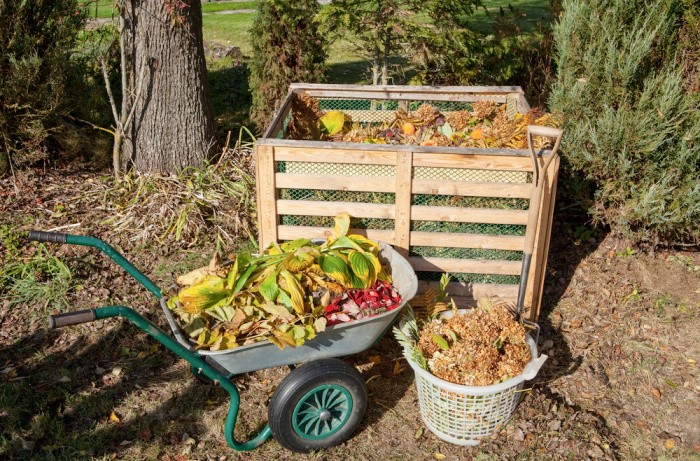

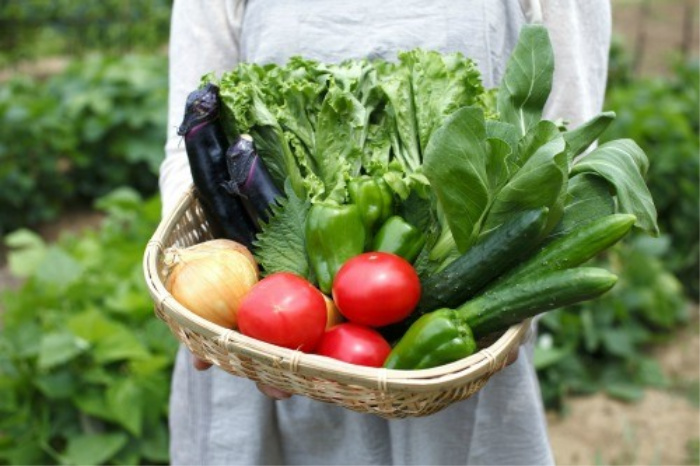

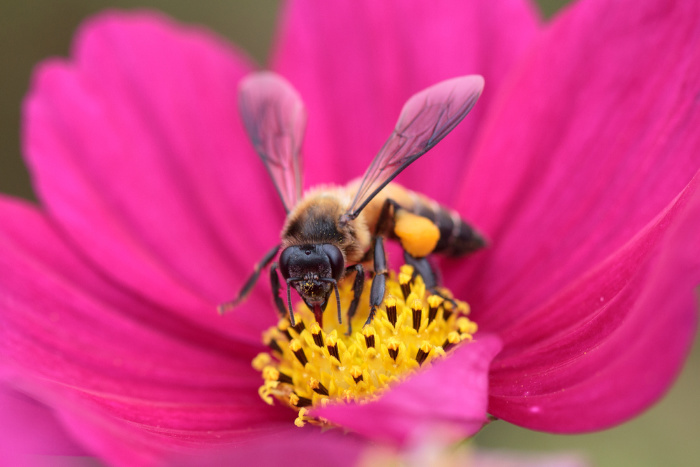

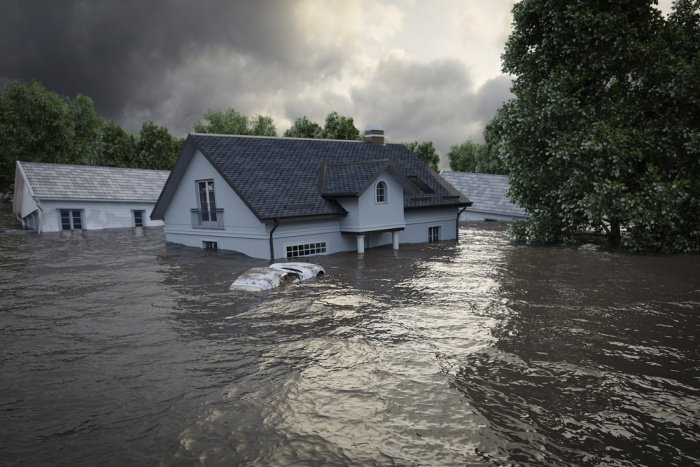
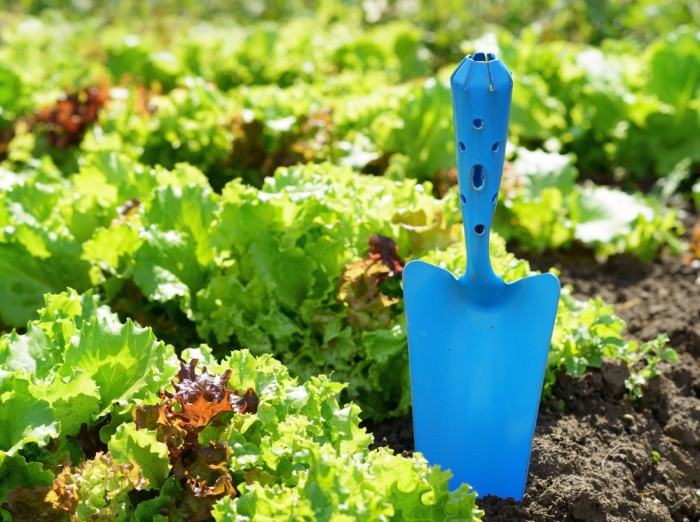













Of your soil is clay and holds tight don’t worry to much about turning the compost to make it the “black gold”. Leave the roughage so it keeps the soil looser where the seeds can sprout and plants can grow.
Straw and pine shavings that I pull from the coop and cattle/goat bedding break down slower and I use that in our red clay soil.
Hi Matt, thanks for the tip on “black gold”. I had the red clay soil in Southern Utah, it took a few years to get it workable. The stuff you pull from the copps is good fertilizer! Love it! Lind
I know I’ve mentioned this resource before, but it’s worth repeating… Read “The Humanure Handbook!” Or do a search for the title. There’s also a website; I don’t know if you still can’t allow links, so use humanurehandbook and add .com. You can actually read the book for free! Even if you feel it’s impossible (or not legal) for you to add manure of some sort to your pile, the directions on building a good pile are worth having. They suggest 3 bins–one actively being added to this year; one filled, closed at midsummer, and covered with hay, leaves, etc., to hold in the moisture, ready to sit for at least a year; and the third, compost that’s a year old at midsummer, ready to use. Oh, and those last two piles–plant pumpkins or squash on them!
If adding manure isn’t possible with your compost pile (it *does* help it heat and kill weed seeds, etc.)–you can always pour urine on it as an activator. Or just have hubby visit the pile now and again.
A bale of junk hay, shaken out and used to cover your pile, is an excellent idea. Keeps it moist, holds in the heat, and prevents odor. I can’t really say I’ve ever had a problem with animals digging in it (other than the occasional chipmunk who thinks it’s found a centrally heated lodging!–or deer after the vines planted on it!)
Hi Rhonda, yes, I love that you mentioned “The Humanure Handbook!” That’s a great reminder to get it now more so than when we can’t get the book. Linda